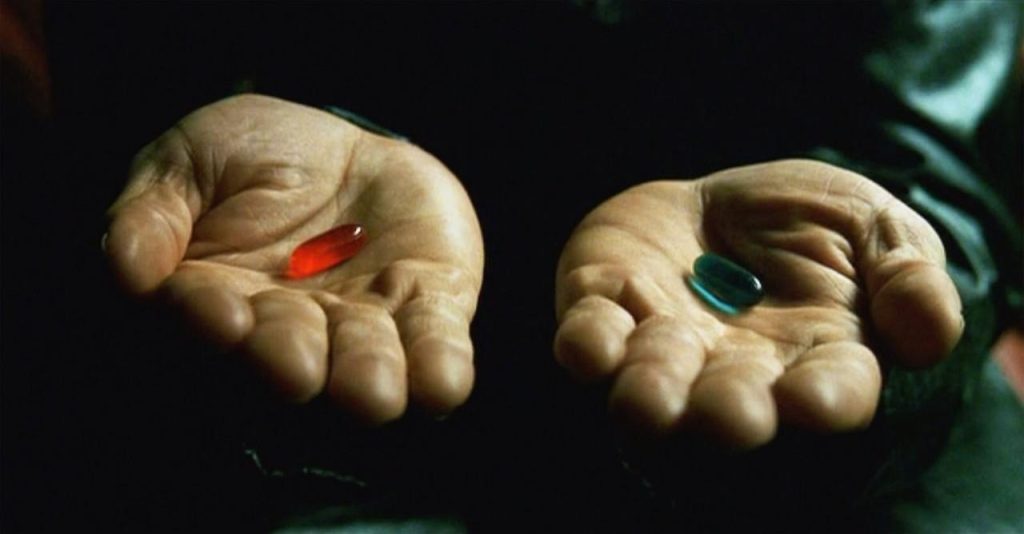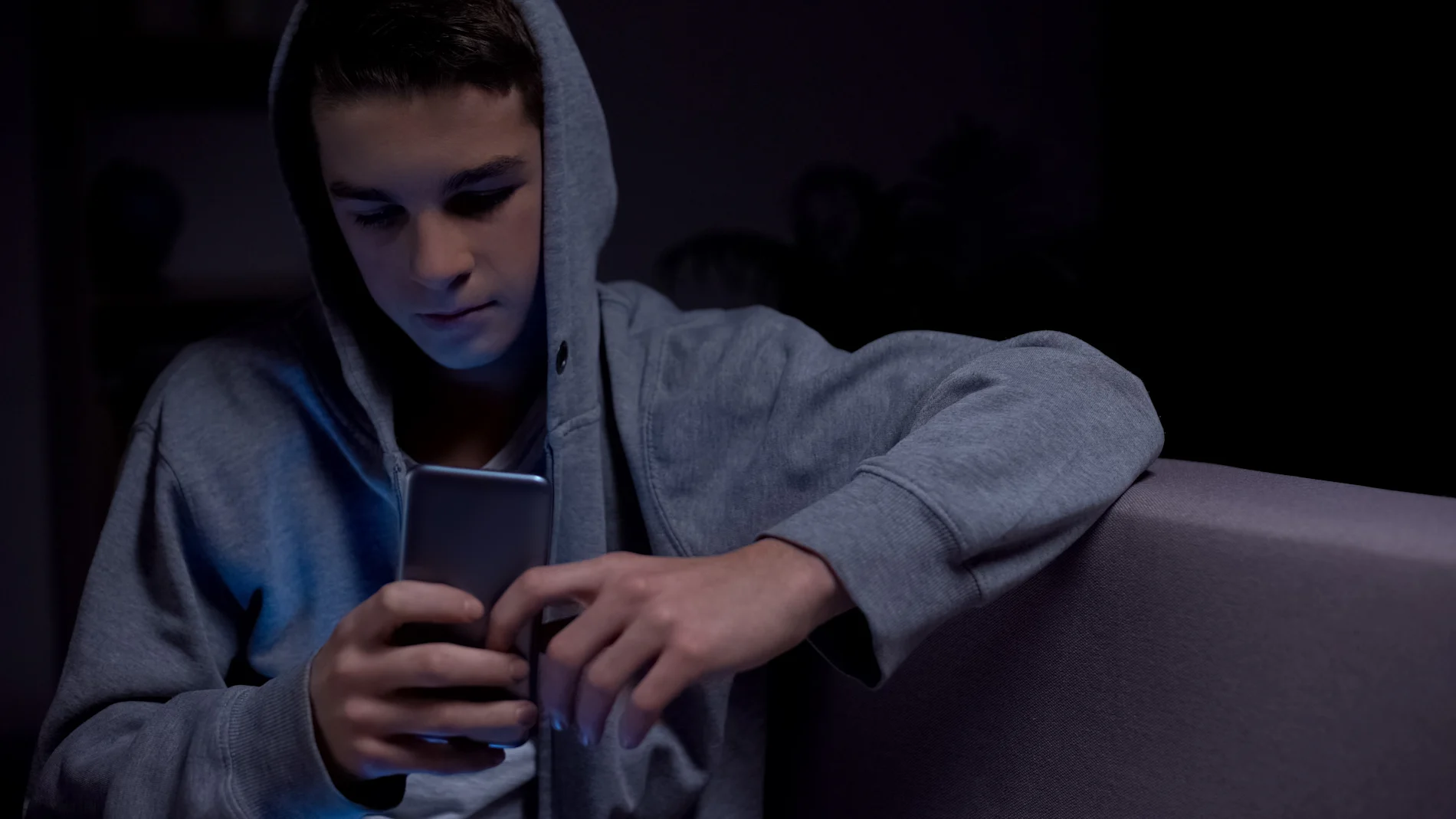TW: Mentions of sexual assault, rape, violence, misogynistic language
“Incel”, short for involuntarily celibate, refers to men who blame women, society, and feminism for their lack of sexual and romantic success. The incel community is active across the world, including in India. They engage, both within and outside the incel community, through online platforms such as Reddit, 4chan, Telegram groups, and dedicated forums where misogynistic ideas are often circulated and reinforced. Over time, the incel movement has also gained notoriety for its association with acts of extreme violence, particularly those targeting women.
What underlies this violent behaviour is deep-rooted misogyny and an inflated sense of male superiority. These acts of violence reveal the extremism festering within such subcultures, but what is even more disturbing is the casual acceptance of intense hatred towards women. This deep-seated animosity is most evident in the language used within the incel community.
Members of the incel community casually employ terms and phrases that are deeply disturbing. Their language is used to dehumanize women, perpetuate misogynistic stereotypes, and normalize violence, reflecting the community’s underlying opinions on women, gender, sex, and sexuality.
What underlies this violent behaviour is deep-rooted misogyny and an inflated sense of male superiority. These acts of violence reveal the extremism festering within such subcultures, but what is even more disturbing is the casual acceptance of intense hatred towards women. This deep-seated animosity is most evident in the language used within the incel community.
Discourse around the world is increasingly focused on reinventing language to make it more inclusive for all people and parallel efforts are also being made todecolonise it. In this context, it becomes paramount to understand and interpret contemporary language, and there is no better place to observe society’s (often unsettling) realities than in online forums, where troubling ideas are generated, perpetuated, and absorbed.
Origin of the term “Incel”
In the mid-1990s, long before the rise of the internet and social media as we know it today, a young Canadian woman named Alana was in her mid-twenties and struggling to find love. Tired of being the target of “lonely virgin” jokes, she decided to create a space for others who felt the same way, convinced she couldn’t be alone in her experience. She started a mailing list and began sharing articles on a website she called Alana’s Involuntary Celibacy Project.

Over the next few years, the project grew into a small online community, where women, and even men, shared their feelings of loneliness with each other and sought support. Gradually, Alana started distancing herself from this community as she became more successful in her own dating life.
Today, the project Alana once called Invcels (short for “involuntarily celibate”), a project that started as a small support group for lonely and disheartened individuals, has mutated into a nightmarish subculture dominated by men who deeply hate women. Reflecting on this transformation, Alana later told The Guardian, “It feels like being the scientist who discovered nuclear fission, only to see it used as a weapon of war.”
The language of misogyny
A quick glance through incel forums and message boards such as Reddit and 4chan reveals just how deep the rot runs. What’s most unsettling about language in the incel community is how rarely appropriate terms for individuals identifying as female (“women”, “lady”) are used and one quickly begins to discern a disturbing pattern in the semantics.
For instance, a “truecel” is someone who has never experienced any form of physical intimacy. Sometimes also referred to as KHHV (Kissless, Hugless, Handholdless Virgin), a truecel is believed to have little to no chance of ever changing that status. Another widely used term, “simp”, describes a man (most often) who desperately tries to please a woman (or several women), for example, by buying them gifts or showering them with compliments, unaware that they are unlikely to reciprocate his romantic interest.
Other commonly used terms within the incel community include “normie”, a label for someone with normal or mainstream ideas and behaviour, often contrasted with incels themselves, and “chad” (or Tyrone), a term used to describe a man who is sexually attractive and successful with women. Incels deeply resent “Chads”, whom they envy and simultaneously ridicule for their perceived ease in romantic and sexual relationships.
While the use of unique phrases and insider terminology is common across many online and offline communities, things become unsettling when we look more closely at the particular language used within the incel subculture.
For instance, a “roastie” is a derogatory term used to describe a woman who is believed to have had multiple sexual partners. A “becky” refers to a woman who incels consider average or lower on the scale of attractiveness, yet still able to find romantic or sexual partners. Incels resent Beckys for rejecting them despite being, in their view, “less desirable”. A “stacy”, on the other hand, is used to describe a woman perceived as highly attractive, popular, and sexually active—typically invoked by incels with jealousy or disdain.
Another term widely used in online incel communities is “foid”, a shorthand for “femoid”, a term that compares women to androids and is described by incels themselves as a derogatory term meant to suggest that “females are not entirely human but alien.”
Acronyms like MGTOW (Men Going Their Own Way, men who reject traditional societal expectations around relationships and seek independence and self-sufficiency), AWALT (All Women Are Like That, belief in a negative and uniform view of women, often characterized by a lack of trust or faith) and SMV (Sexual Market Value, an individual’s perceived value or desirability in the dating market, based on factors such as physical appearance, social status and personality) are also widely used within the incel community.
How Incel language reinforces harmful stereotypes
In her book Wordslut: A Feminist Guide to Taking Back the English Language, author and linguist Amanda Montell notes, “The link between language and culture is inextricable: language has always been, and continues to be, used to reflect and reinforce power structures and social norms.”
As such, the language used within the incel community perpetuates harmful narratives rooted in misogyny and the dehumanization of women. Most of the terms used to describe both women and men define them primarily through their perceived sexual function, reducing their identities to that alone. Terms like roastie, Stacy, and Becky reduce women to objects of sexual value, stripping them of their humanity, while terms like normie, Chad, and truecel measure men’s worth solely by their ability to attract women. Beyond invoking deep insecurity among men in the community, this language also reinforces heteronormative ideas of sexuality and gender roles.
Some of the more extreme terms within the incel community even serve to normalize violence against women. ‘Going ER‘ or ‘going Elliot Rodger’ refers to committing a mass killing, specifically one driven by misogyny and feelings of sexual or social rejection.
What is even more troubling than these terms themselves is the casual manner in which they are used within the incel community. Words like “woman” or “lady” are rarely employed. Instead, terms such as ‘foid’, ‘femcunt’ (a vulgar slur for women seen as complicit in feminism or sexual liberation), ‘roastie’, and ‘Stacy’ have become the default vocabulary for referring to women.

On X (formerly Twitter), a profile named Incel Wiki—whose bio reads, “The original Incel Wiki. Founded in 2018—has a pinned post claiming, “On PornHub, women consume most of the porn where women are violently raped and abused.” Global women’s rights expert Gurpreet Kaur, in her article “Incel Extremism in India: A View from the Global South” for the Global Network on Extremism & Technology, notes that “India is no stranger to violence being meted out to women by men who feel slighted or rejected by them.”
Today, incel language has moved well beyond its online subculture and seeped into the mainstream. Platforms like X and Instagram do little to curb blatantly violent or misogynistic content, allowing such harmful narratives to persist and spread. Terms like ‘foid’ are now commonly seen in Indian X spaces, and even the term ‘incel’ itself has become part of everyday online vocabulary.
Gurpreet further notes, “The key issue to highlight is that the misogyny underlying incel discourse, particularly in a society as complex as India’s, exists on a spectrum of extremism.”
As a new wave of woman-hating continues to make its presence felt across the world, in a reality where it has become increasingly fashionable to identify as an “alpha male” and to vilify and blame women for everything wrong with the world, and as acts of violence against women rise alarmingly, it has become essential to bring mainstream attention to the harmful nature of such online communities. Social media platforms must be held responsible for the spaces they create and the sentiments they enable. They should actively censor hate speech and deplatform individuals engaging in hate speech, especially when such rhetoric has the potential to translate into real-world acts of terror. Platforms should also hold influencers accountable, particularly those who proudly identify as red-pilled (in the manosphere, ‘redpilling’ refers to embracing the idea that men’s unhappiness and lack of sexual success is the fault of women and feminists). Men who do not accept this reality are referred to as bluepilled. Equally important is embracing sex education, one that not only covers biology but also teaches young boys and men about consent, emotional intelligence, respect, and equality.
Only by addressing these issues at their root can we hope to dismantle the systems of hate and entitlement that fuel such movements and build a culture grounded in empathy rather than dominance.
About the author(s)
Adithya (he/him/his) is a political consultant specializing in research and communications, currently on a ‘strategic sabbatical’ to pursue his passion for writing. Beyond engaging in political debates, he is drawn to reading and film, especially works that challenge the status quo. He has a particular affinity for works on feminism, geopolitics, and history.





